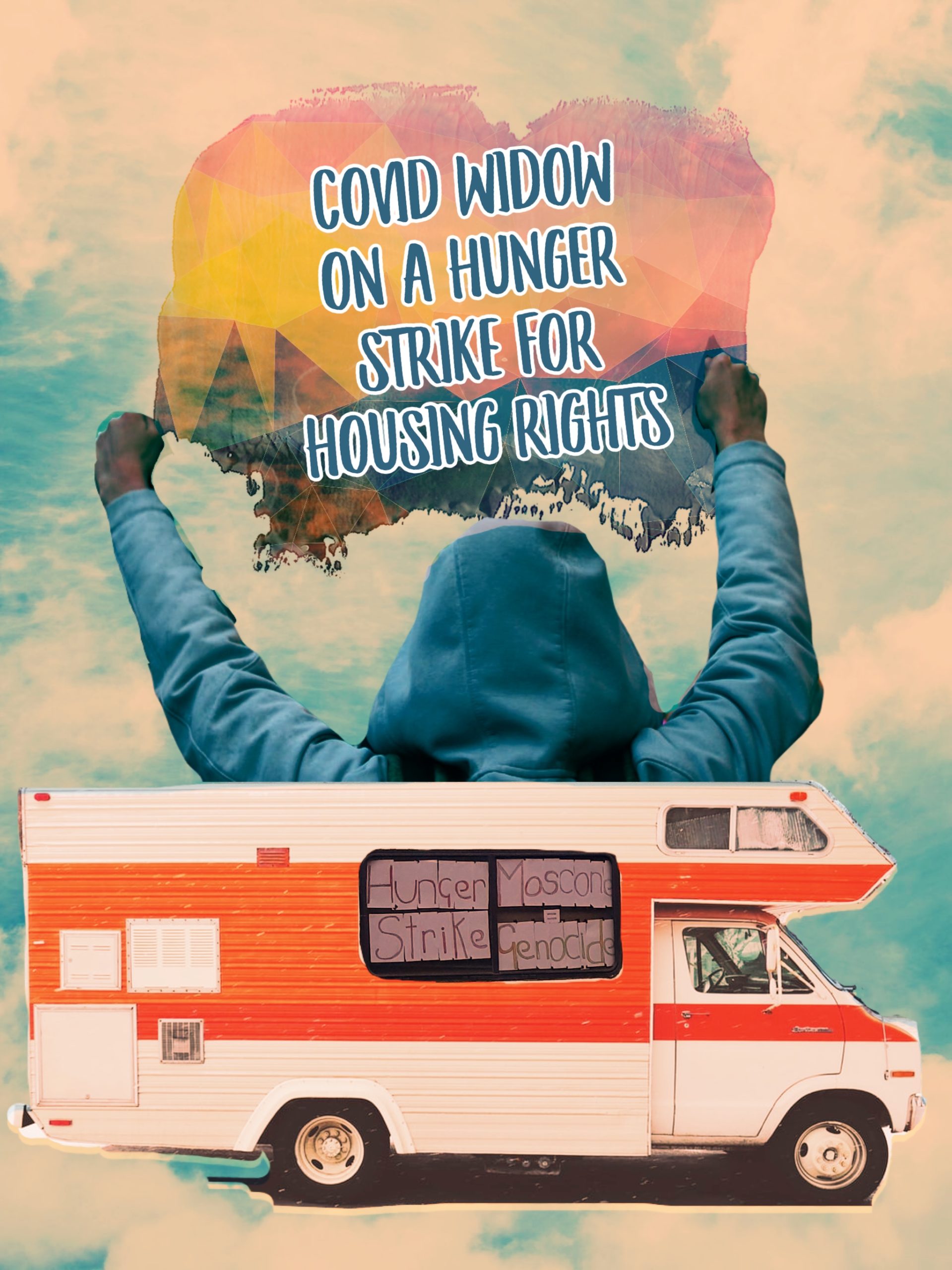The Water For All Initiative, a campaign led by the Human Rights Workgroup of the Coalition on Homelessness, is reacting to San Francisco’s continued failure to provide potable water and other basic human necessities, such as access to showers and bathrooms, for unhoused residents in the Tenderloin. The initiative demands more permanent drinkable water sources throughout the Tenderloin that are accessible to its unhoused and precariously housed residents.
As part of the initiative,






